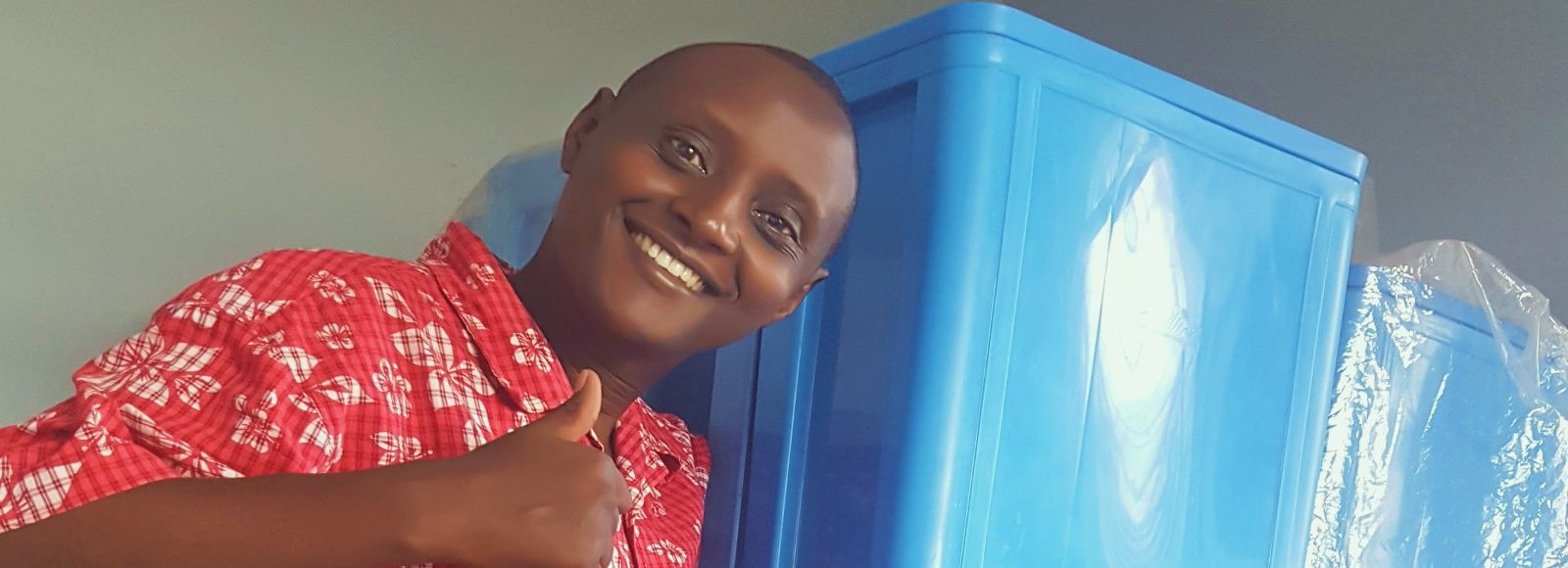Professor Askwar Hilonga invented Nanofilter®, a low-cost and sustainable water purification system particularly suited to the needs of local people in Tanzania.
Growing up in rural Tanzania, Professor Hilonga suffered from waterborne diseases throughout his childhood. He used his scientific expertise in nanotechnology and his local knowledge to develop a filter based on nanomaterials. Professor Hilonga worked with the Ministry of Health and the Ministry of Science and Technology to roll out his innovative water purification system to help those for whom safe drinking water was still a luxury, like it was for his family during his childhood.
Professor Hilonga says the real challenge for any water-purification system is acceptance and regular use by the community. Women have been instrumental to introducing water filtration as part of daily life in rural Tanzania. Most of the water stations where the new system is being tested are managed by women. The long term goal is to encourage water purification good practices across Tanzania and other African countries where rural populations suffer from waterborne diseases.
Q&A
What does winning the Commonwealth Innovation Award mean to you/your organisation?
“Winning the Commonwealth Innovation Award will increase my innovation visibility, reputation, network, and potential to attract more customers, mentors, and sponsors for scale-up to many countries around the world. I am so grateful!”
How would you use being the recipient of this award to influence others and how would it impact your career?
“I will inspire many young innovators around the world, particularly those who are coming from underserved communities like me. I will include the award in my CV and I am confident that it will attract more awards and grants to support scale-up to other places within Tanzania and beyond.”

